By Brendan Scanland
WASHINGTON, D.C. – Communities turn to their libraries not only for books—but also for job help, tech access and education.
However, advocates warn those vital services could be at risk. Across the country, libraries are bracing for what some call a slow-motion crisis—set in motion by federal downsizing efforts.
“Our founders really felt that libraries were essential for this unique form of government, like a democratic republic. And so free library access, whether you’re in a state the size of Rhode Island or a state the size of California is important to have on an even level,” said Sam Helmick, president-elect of the American Library Association.
But Helmick says that same access now hangs in the balance. Proposed executive actions by the Trump administration could slash funding for the Institute of Museum and Library Services (IMLS), an independent agency created by Congress nearly 30 years ago to help fund libraries and museums.
Cutting funds, Helmick says, would impact things like interlibrary loans, digital access and workforce programs.
“There are a lot of things in the social infrastructure that will just collapse without a library because it is a community anchor institution and it already does the work of multiple government facilities in one place,” said Helmick.
Helmick says libraries are community cornerstones—offering résumé help, job search tools, free meeting space—and much more.
“For every dollar that is invested in an American library, a public one, you get about a five-to-nine-dollar return on investment,” said Helmick.
With ongoing uncertainty in Washington, Helmick says it’s time for communities to speak up and show up.
“The best way they can advocate for them is to use them. And the second-best way is to show up by reminding those who we have elected into power that this is an American value,” said Helmick.
“I still think libraries are an important issue for any community, for the citizens to go and get informed,” said Rep. Mike Kelly (R-Pa.).
When it comes to federal funding, uncertainty has become the norm, but Congressman Mike Kelly says it’s best to wait and see what ultimately takes shape.
“Wait until you see the final process before you start hitting the panic button,” said Kelly. “I think we have to wait until we see actually what happens.”
